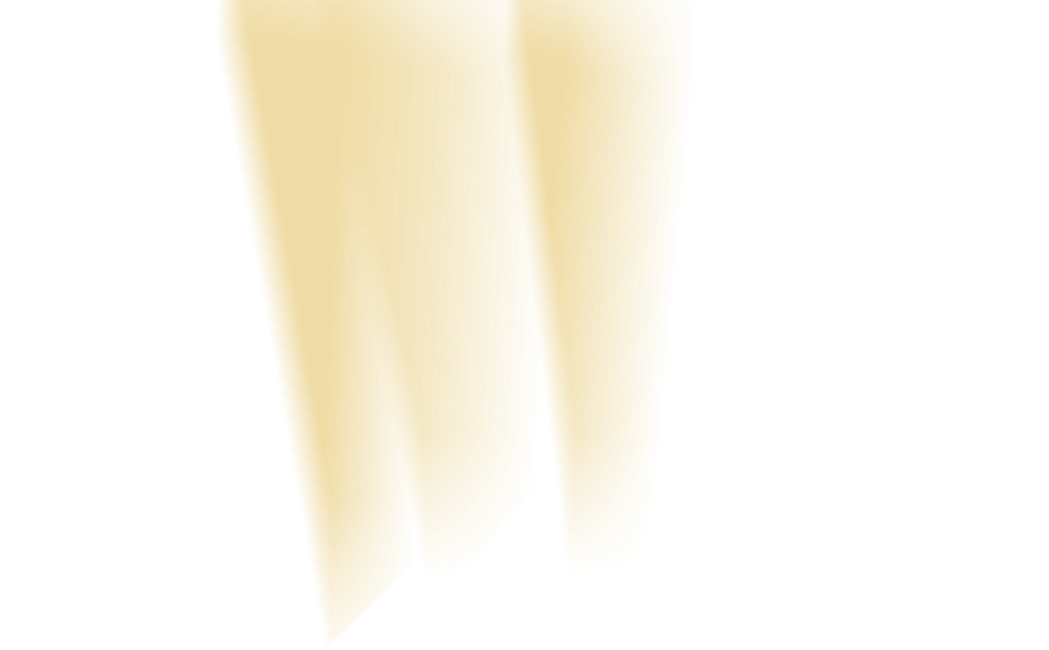Zahava Szász Stessel
Born 1930 in Abaújszántó, HungaryStiftung Gedenkstätten Buchenwald und Mittelbau-Dora
Zahava Stessel was born into the Hungarian-Jewish Szász family. She was in secondary school when the Wehrmacht occupied Hungary in March 1944. One month later, she and her family were sent to the Košice ghetto. From there, the SS deported them to Auschwitz. She and her sister Erzsebet (Chava) survived the extermination camp and later the Bergen-Belsen concentration camp, as well as the subcamp of Buchenwald in Markkleeberg near Leipzig. Their imprisonment ended in the confusion of the last days of the war when they were liberated on a death march from the camp on 13 April 1945.
Zahava Stessel and her sister returned to their home town after the war. Once there, they found out that they were the only members of their family to have survived. The sisters had no reason to stay in Hungary, so they decided to emigrate to Palestine in 1947. Zahava Stessel married the Hungarian Shoah survivor Meier Stessel there, and together they emigrated to the USA in 1957.
Their two daughters were born in the United States. Zahava Stessel spent many years working as a librarian for the New York Public Library. In the 1990s, she began researching the history of the Shoah and the Jews of Hungary, and she ultimately wrote her doctoral dissertation on this topic. She often visits memorials to talk about her family’s history.
Find out more
Speech by Zahava Szász Stessel on accepting honorary citizenship of the city of Markkleeberg in 2008, [German]
Szász Stessel Zahava: Snow Flowers. Hungarian Jewish women in an Airplane Factory, Markkleeberg, Germany, Madison, NJ 2009.
